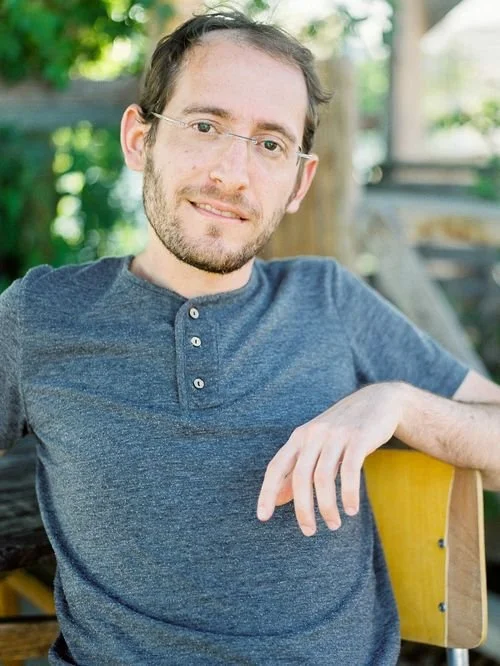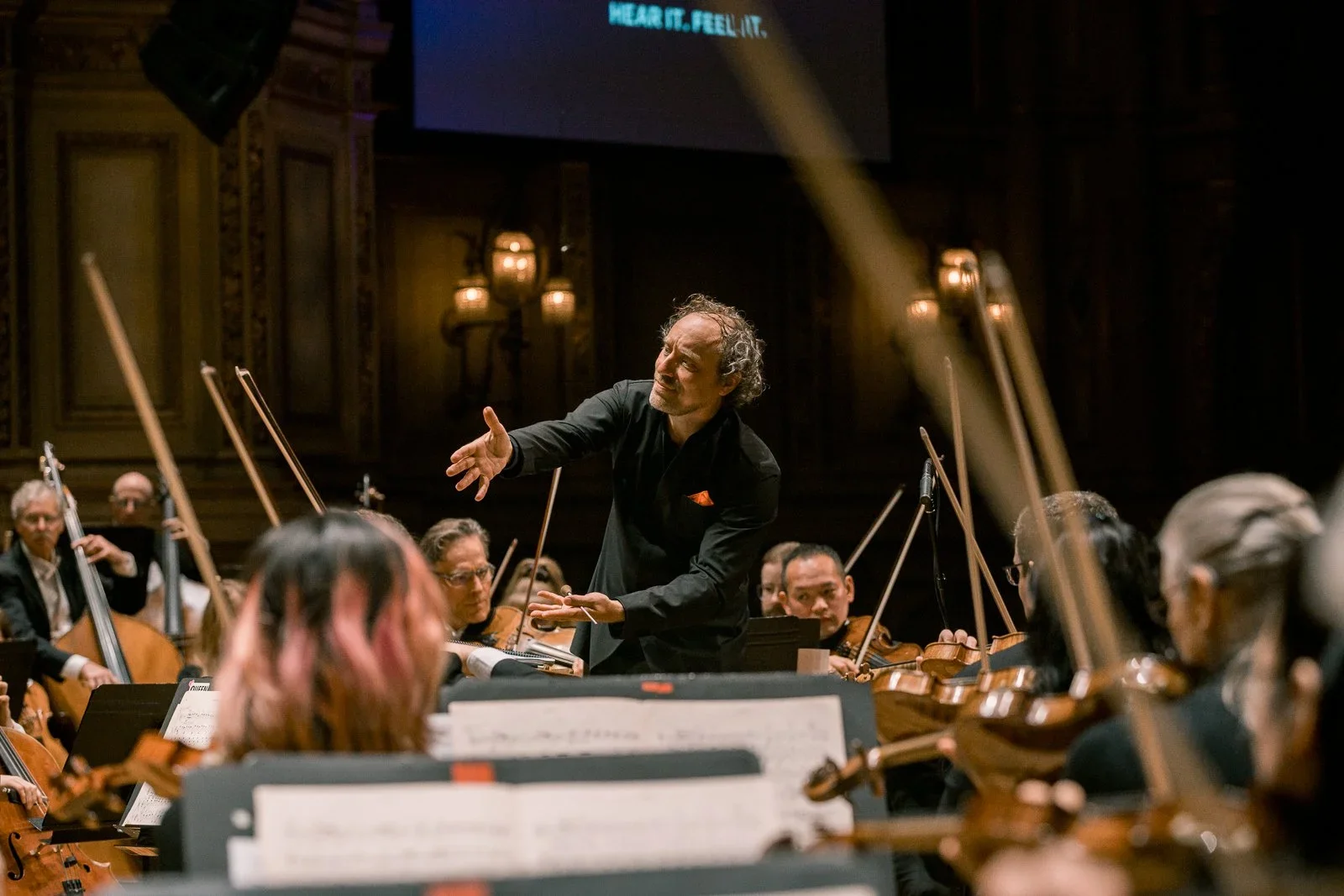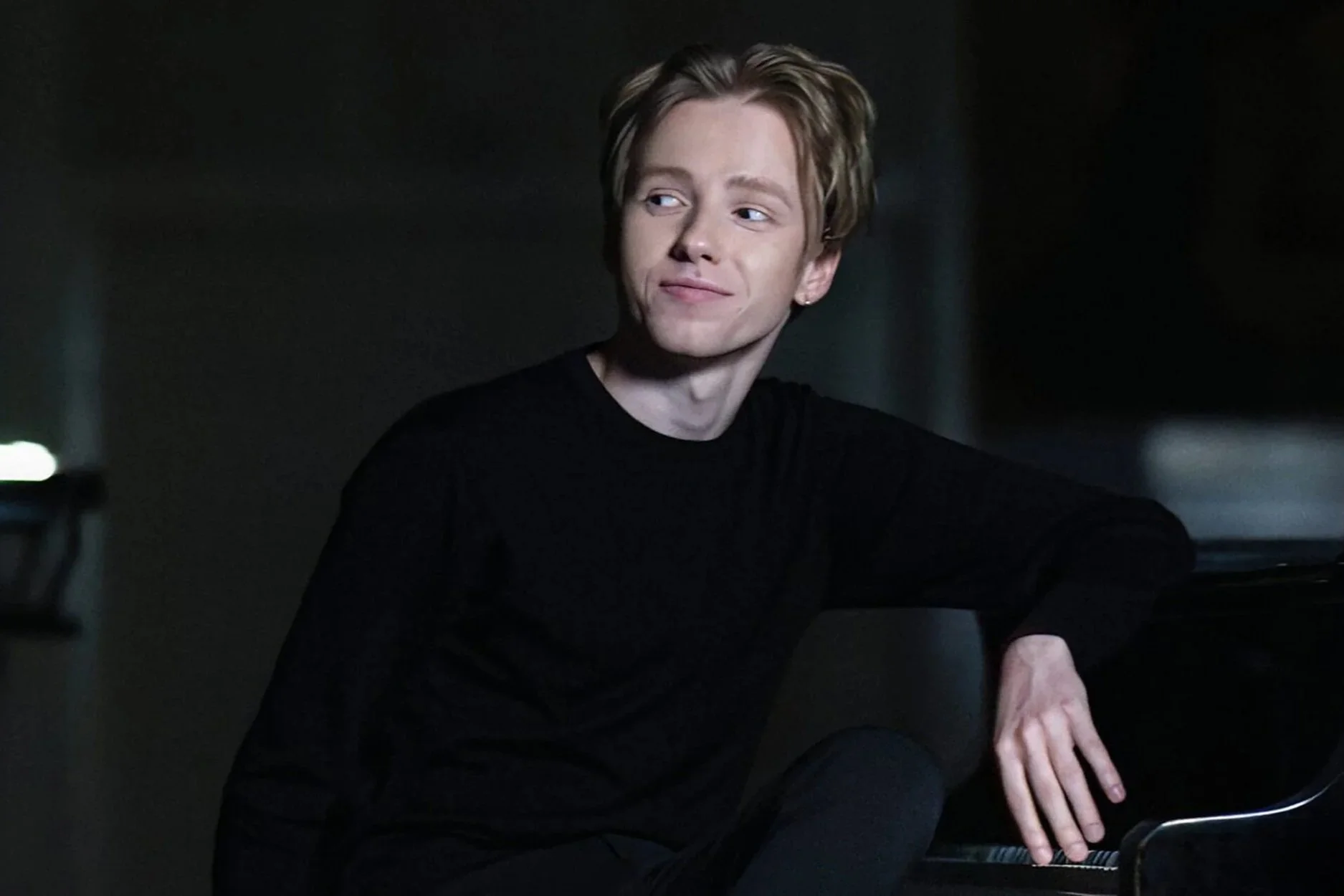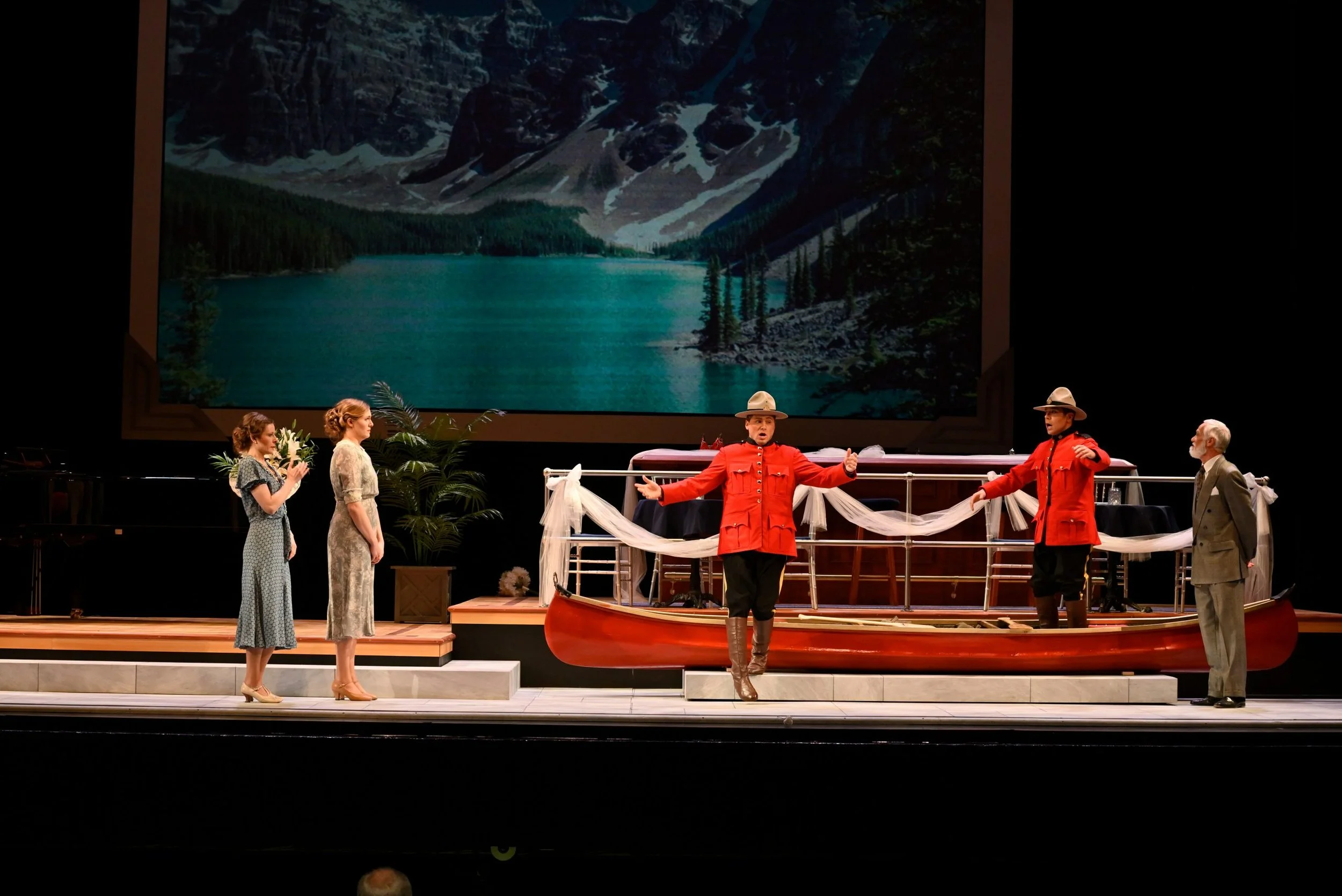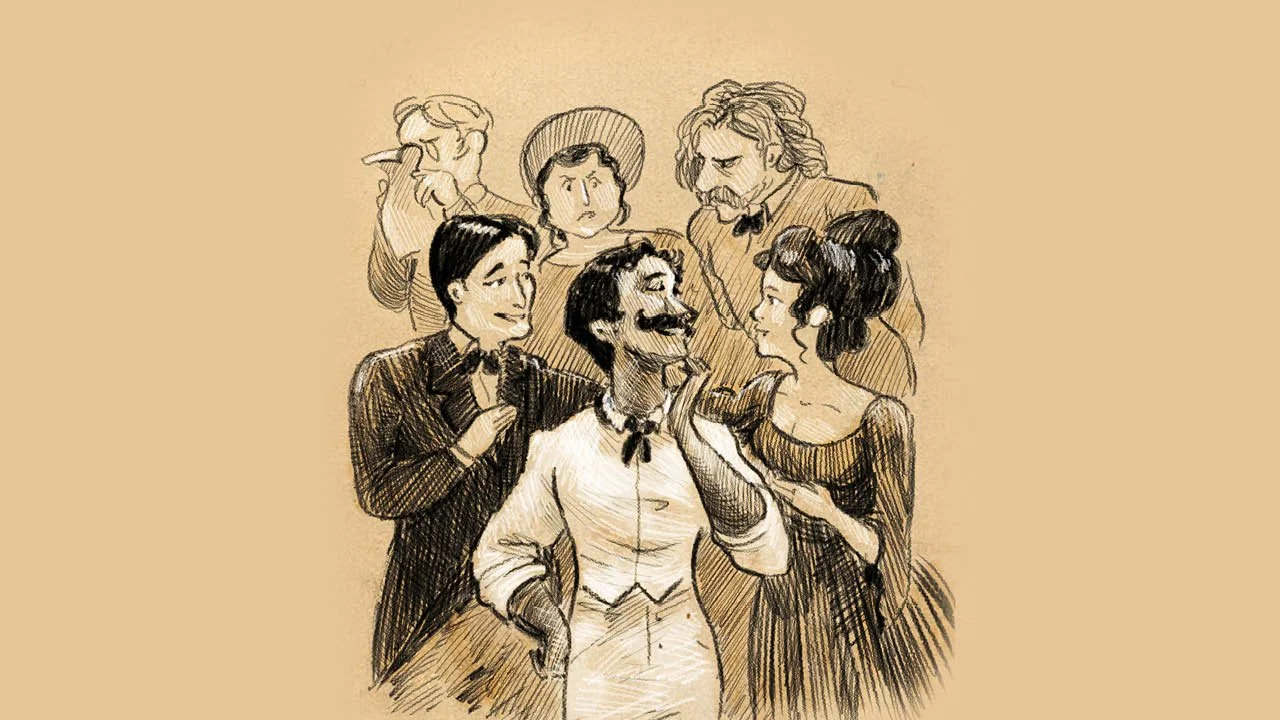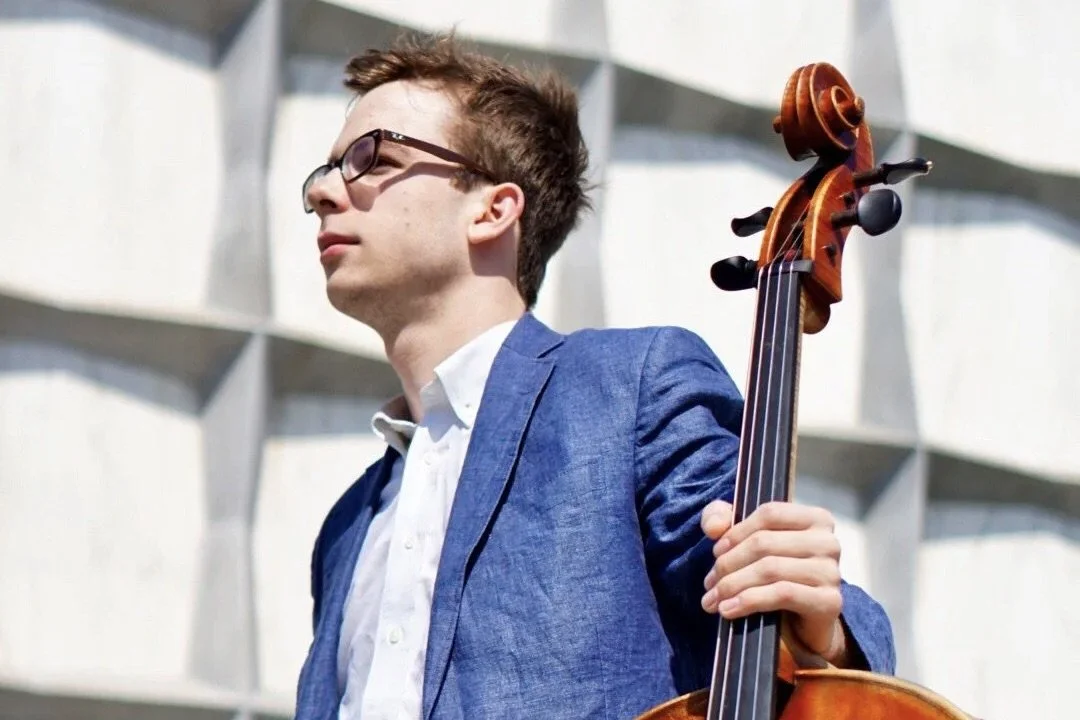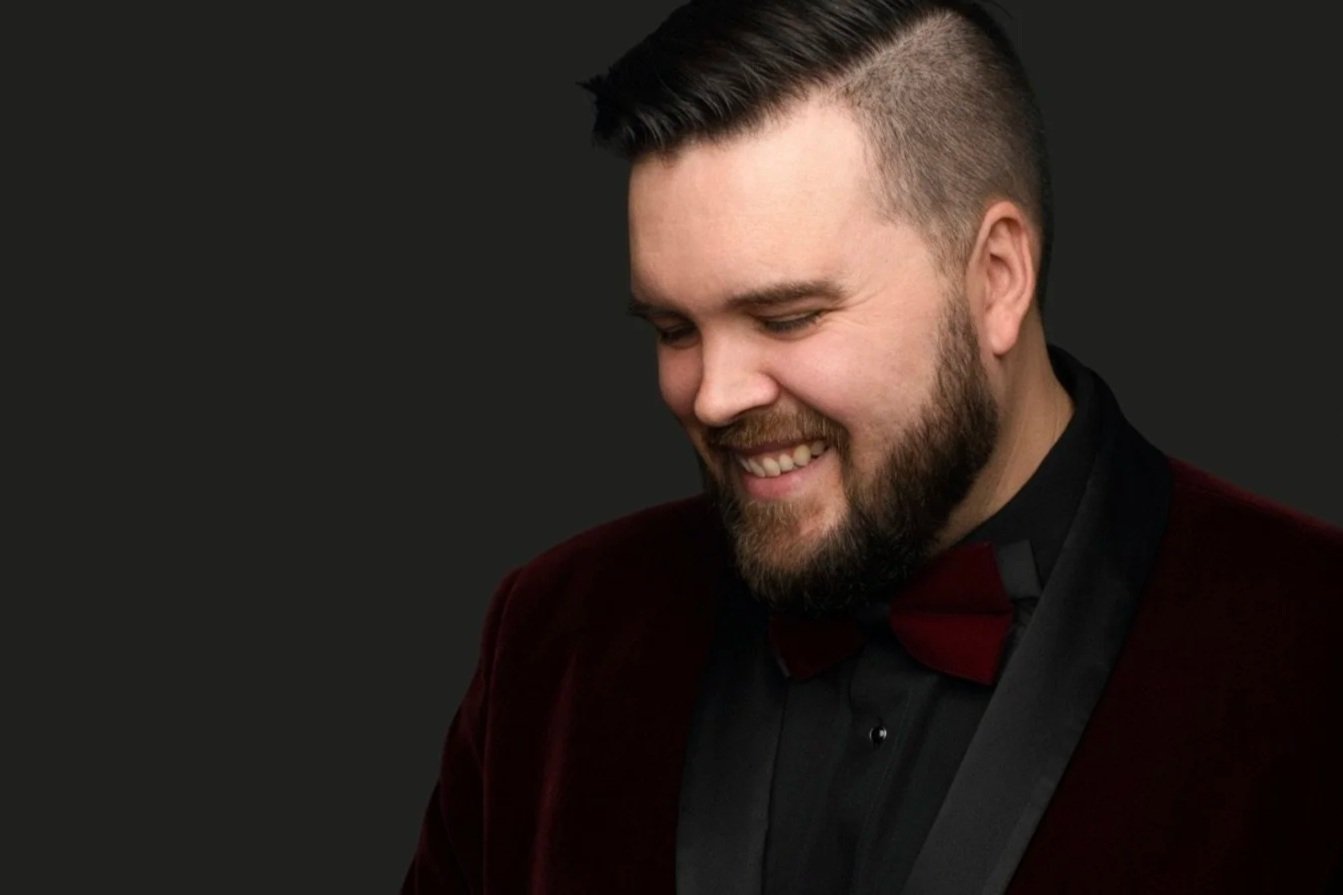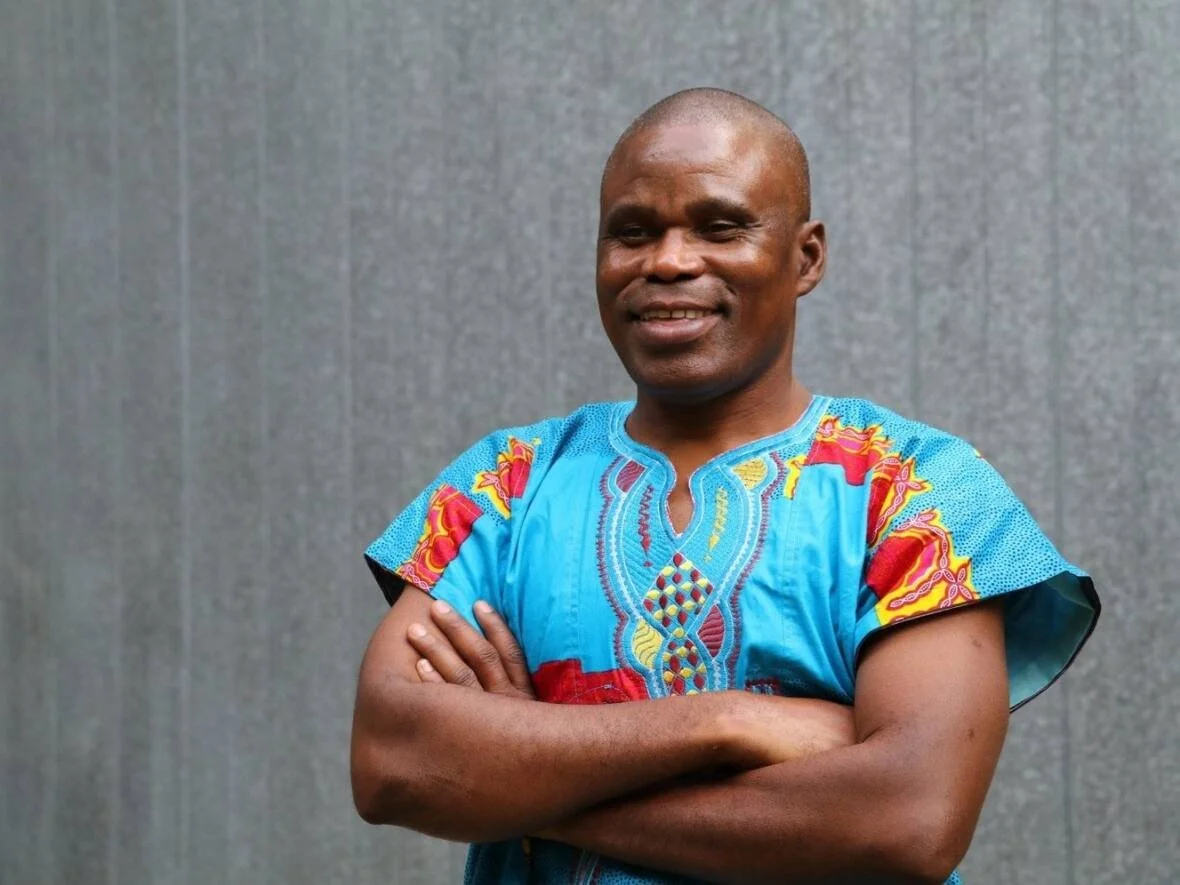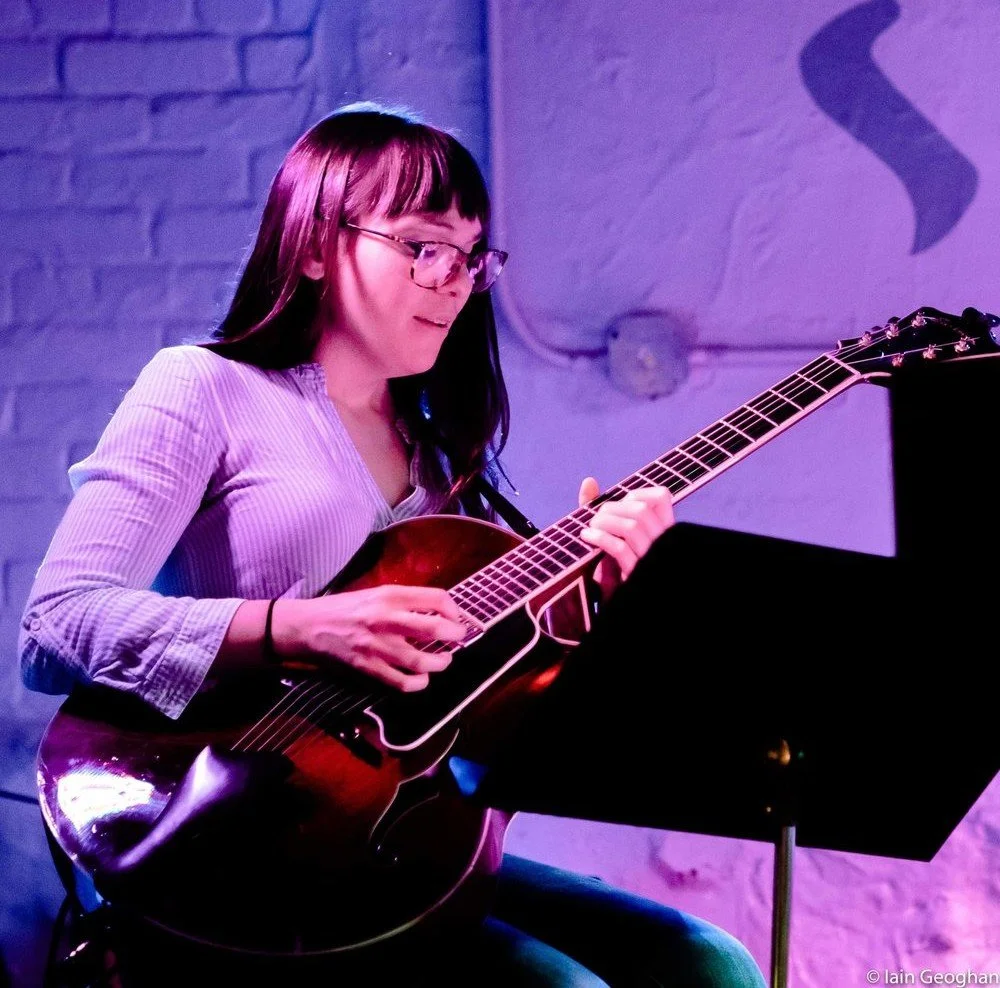Profeti della Quinta resurrects the 400-year-old music of Salamone Rossi at Early Music Vancouver
Acclaimed Switzerland-based ensemble celebrates one of the Renaissance’s most radical innovators in Jewish liturgical music
Profeti della Quinta’s Doron Schleifer, Andrea Gavagnin, Ori Harmelin, Loic Paulin, Lior Leibovici, and Elam Rotem.
Vancouver Early Music presents Stars of the Italian Renaissance: Monteverdi & Rossi, featuring Profeti della Quinta, at Christ Church Cathedral on November 9
IT TAKES ONLY eight minutes and 20 seconds for sunlight to reach the surface of the Earth. The brightest star in the night sky, Sirius, requires approximately nine years before its celestial fires can be seen on our planet. In contrast, it has taken approximately four hundred years for the star known as Salamone Rossi to be seen—or, more properly, heard—in Vancouver.
The wait, however, will have been worth it.
There is little doubt that Rossi was indeed a star in his native Mantua, an Italian city and provincial capital ruled, in the early 17th century, by the enlightened autocrat Francesco IV Gonzaga. As a violinist, Rossi played a key role in the ducal orchestra and, along with his sister Europa, likely performed in Claudio Monteverdi’s pioneering operas, L’Arianna and L'Orfeo. It was as a composer, though, that Rossi has recently secured his belated fame—not so much as a writer of madrigals for the Gonzaga court, but as one of the most radical innovators in the field of Jewish liturgical music.
A trusted employee of the Gonzaga family, Rossi was one of two Jewish Mantuans exempted from having to wear visible insignia proclaiming his religious status. Still, his faith and his community claimed his heart, and when not working in the secular realm he had the brilliant idea of using the avant-garde musical idioms of his time in Jewish liturgy, creating a hybrid sound that signalled the European sophistication of a population that was widely seen as foreign, untrustworthy, and insular.
His innovations did not take hold, but not due to any flaw in his craftsmanship.
“What Rossi did,” explains the Israeli-Swiss musician Elam Rotem, artistic director of the acclaimed early music vocal ensemble Profeti della Quinta, “was basically to take all the knowledge and the musical language of this time—the Christian musical language, so to say, which for the Christians was just the universal musical language—and bring it, for the first time, to the synagogue. He brought the polyphony; he brought everything that was in the churches, basically, to the synagogue to be integrated into the liturgy.”
This was an act of considerable daring. Following the expulsion of the Jews from Jerusalem in 70 AD, Jewish liturgical music had been severely constrained; as Psalm 137:4 asks, “How can we sing the Lord’s song in a strange land?” But Rossi asked for and received rabbinical blessing for his innovations, which should have changed Jewish sacred music for ever, save for the sad facts of history. An Austrian army drove the progressive Gonzagas from Mantua in 1630, and both Rossi and his sister soon perished, although it’s not known whether this was in the sack of their city’s Jewish ghetto or in the epidemic of plague that followed.
Some of Rossi’s colleagues and acolytes escaped, making their way to Venice and attempting to start a music school there.
Elam Rotem, artistic director of Profeti della Quinta.
“They also tried to make some concerts and people were listening and it was great,” Rotem notes. “But after some years it just died out, and the music returned to the way it was before they came.”
Rossi’s reputation slumbered until the start of the 2000s, when musicologists started to take notice of his innovations and revived his published scores. Profeti della Quinta has taken a particularly active role in reclaiming a place for Rossi in the Renaissance pantheon.
“Until we started performing Rossi, it was mainly performed by people who were interested in the Jewish side of Rossi, and not so much from the early music side,” Rotem notes. “We kind of combined the two. And also I think we created what I believe was a case for Rossi, in that the same group of musicians who sang madrigals in the court then later sang the prayers in the synagogue. And these people had to be Jewish, had to be both Jewish and professional musicians. So in our concerts, when we perform Rossi’s madrigals and prayers or when we combine them with madrigals by Monteverdi and so on, I think we really bring this thing to life agin, this thing that was done by this one group of people.”
Profeti della Quinta’s upcoming Vancouver Early Music performance is one of those survey performances, combining eight of Rossi’s works with three from Monteverdi and a further two from their Ferraran contemporary, Luzzascho Luzzaschi. We’ll also hear a pair of newly composed works from guest theorbist Ori Harmelin; writing and commissioning new works in the style of Rossi is part of Profeti della Quinta’s mandate.
There’s an element of filling in the blanks here; as Rotem puts it, “We know so little of what happened in Mantua’s Jewish community.” But that lack of documentation, coupled to what we do know of Rossi and his peers, adds “historically informed composition” to Profeti della Quinta’s “historically informed performance” approach—and should make for much beautiful speculation.



